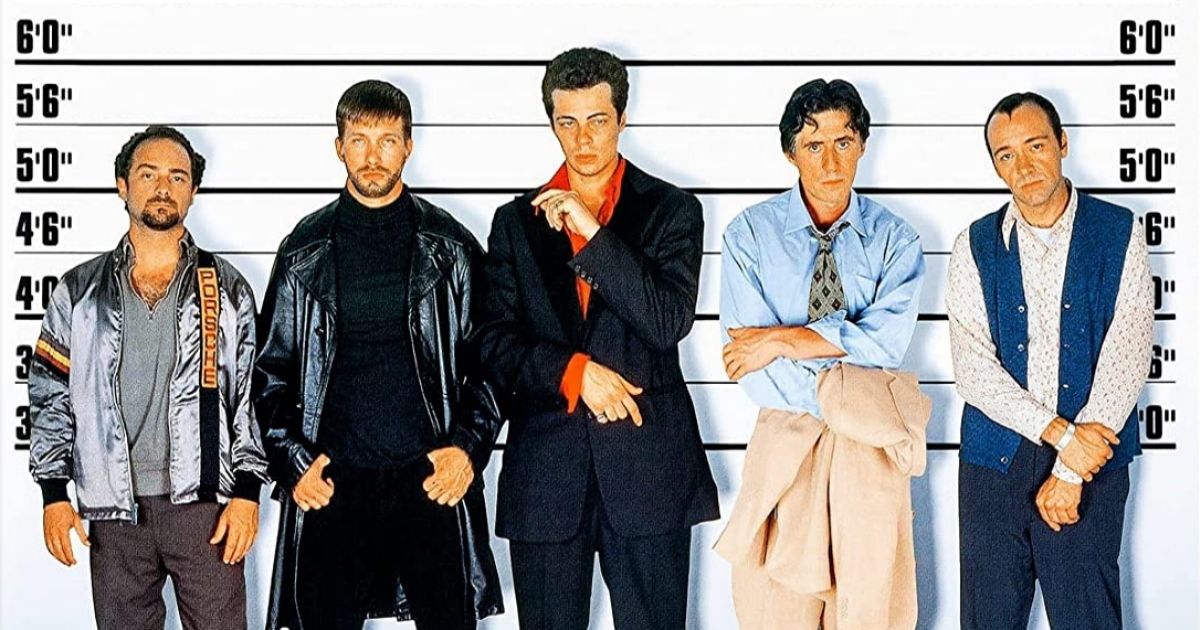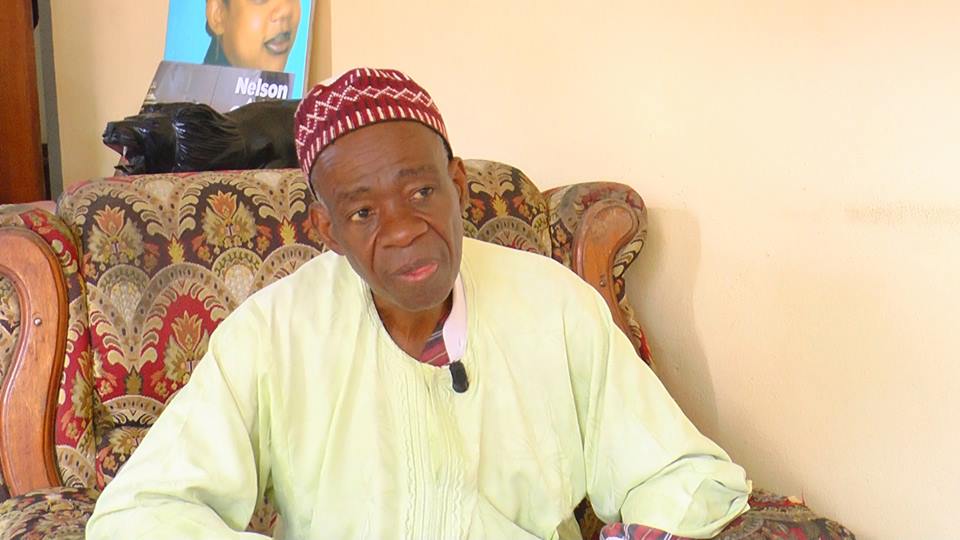International Commission, AU, NDI, and EU set to observe the Nigerian elections
It is February 25th, 2023, and Nigerians are going to the polls to vote for their next president who will take over from President Muhammadu Buhari to rule the Federal Republic of Nigeria. Out of 18 candidates going in for the elections, only three seem to be on the front line. Peter Obi of the …

It is February 25th, 2023, and Nigerians are going to the polls to vote for their next president who will take over from President Muhammadu Buhari to rule the Federal Republic of Nigeria.
Out of 18 candidates going in for the elections, only three seem to be on the front line. Peter Obi of the Labour Party, will be standing up against Bola Tinubu, from the ruling party, the All Progressive Congress APC, and Atiku Abubakar, from the People’s Democratic Party PDP.
Prior to the Elections some top international observers teams notably the European Union, the African Union, the National Democratic Institute, NDI, and the International Republican Institute had announced they would partake in observing and had earlier deployed teams to Nigeria.
The African Union Commission on Tuesday, February 21st declared that it will be sending in a 90-strong observer mission to Nigeria for the elections.
Former Kenyan president Uhuru Kenyatta is heading the African Union Election Observation Mission, AUEOM.
According to the AU, the objectives of the mission are to provide an “accurate and impartial assessment” of the electoral process, offer recommendations for any improvement in future polls, and demonstrate the AU’s support “towards consolidation of democracy, peace, stability, and development in Nigeria, “.The African news reported.
In the same light, two United States-based political think-tank, the International Republican Institute, and the National Democratic Institute had also deployed a 40-member joint international election observation mission to Nigeria ahead of the presidential and National Assembly elections.
The delegation is reported to include political leaders, civil society elections experts, and regional specialists from 20 countries in Africa, Asia, Europe, Latin America, and North America
It was led by former President of the Republic of Malawi, Dr. Joyce Banda who would be joined by President and CEO of the Woodrow Wilson International Center for Scholars, Ambassador Mark Green; former Assistant Secretary of State for the Bureau of African Affairs at the U.S. Department of State, Ambassador Johnnie Carson.
The mission according to reports will conduct a detailed analysis of the process in various areas, including election administration, citizen participation, gender and inclusion, election security, legal framework, information environment, and political parties and campaigning.
The European Union on their part had also deployed an EU Election Observation Mission (EOM) to observe the elections way back in January 2023.
Barry Andrews, a Member of the European Parliament, was appointed as Chief Observer for the EOM to Nigeria.
According to the High Representative/Vice-President of the EU Josep Borrell, “These elections will be crucial for the consolidation of democracy in Nigeria, and the stability of the region. This is the sixth time that the EU deploys an election observation mission to Nigeria, reflecting our commitment to work together to consolidate democracy in the country,”.
The delegation will provide a comprehensive, independent, and impartial assessment of the electoral process based on international and regional standards for democratic elections.
It should be recalled that the EU had recently condemned the acts of severe and coordinated incidents of violence, before the elections.
The EU EOM Chief Observer Barry Andrews had called on all electoral stakeholders to engage in a manner that reflects the spirit of the Peace Accords signed on 22 February 2023.
With a population of over 221 million inhabitants but facing challenges such as high insecurity, rates, poverty, and high inflation amongst others, Nigerians look forward to the next president and hope he provides solutions to their current needs.

 admin3
admin3 















